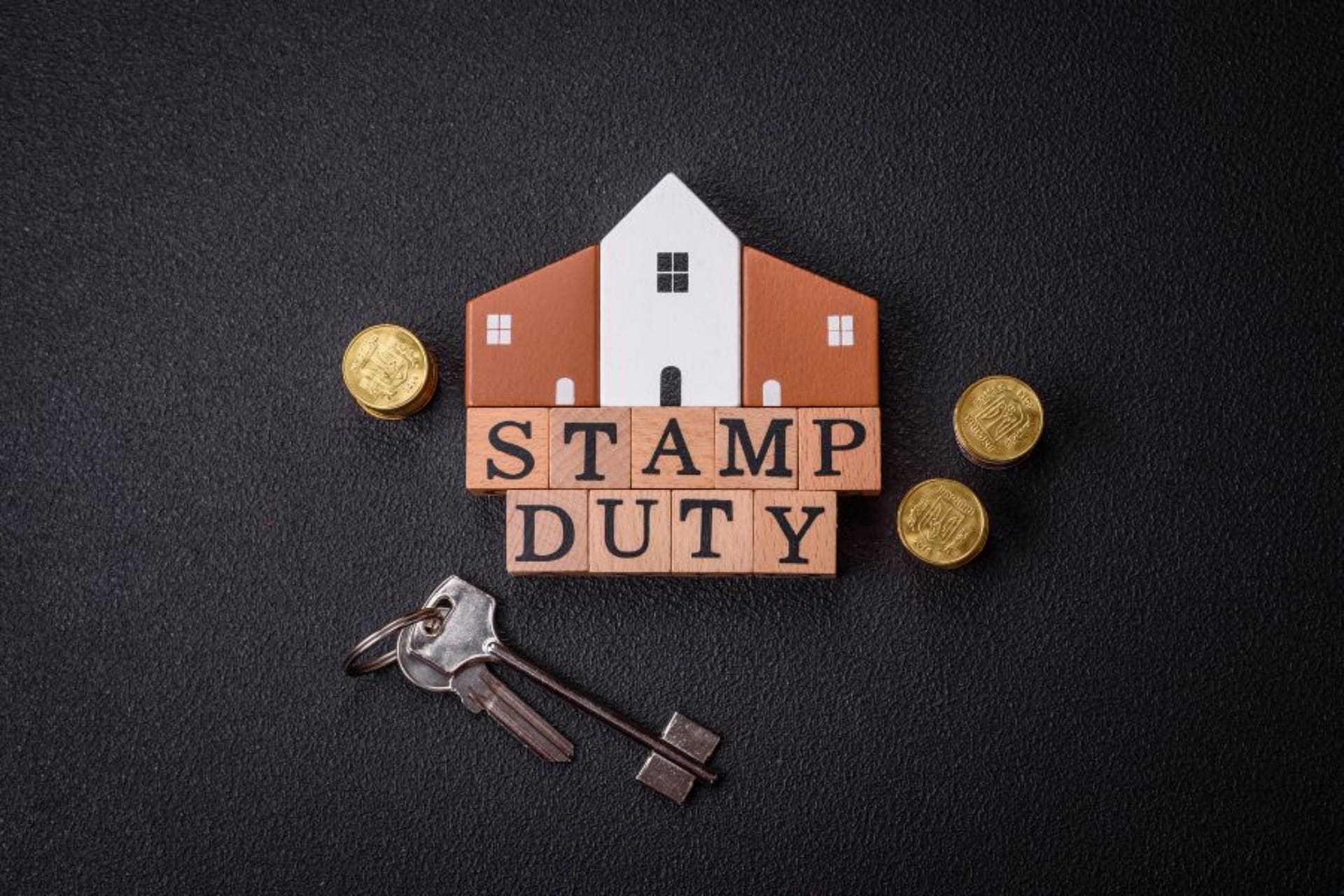In the competitive Australian property market, due diligence is key for buyers. Two essential reports often come into play: the strata report and the building inspection.
But what’s the difference, and which one do you really need? This comprehensive guide dissects the nuances of each report, helping you make an informed decision when investing in property.
Table of Contents
ToggleStrata Report vs Building Inspection
The debate between strata reports and building inspections isn’t about one being better than the other. It’s about understanding their unique roles in the property buying process.
What is a Strata Report?
A strata report, also known as a building report or owners corporation report, is a comprehensive document that provides detailed information about the condition of a property within a strata scheme in Australia. It is typically prepared by a qualified building inspector or surveyor.
The primary purpose of a strata report is to inform potential buyers about the current state of the building, its common areas, and any potential issues that may require attention.
It helps buyers make informed decisions about purchasing a property within a strata scheme by highlighting any hidden problems or future expenses that may arise.
Also read: Mastering Property Buying Costs: Your Guide to Smart Investments
What is a Building Inspection?
A building inspection is a thorough examination of a property’s condition, typically conducted by a qualified building inspector. It aims to identify any structural issues, safety hazards, or maintenance concerns that may not be immediately visible to the untrained eye.
The primary purpose of a building inspection is to provide potential buyers with an unbiased assessment of the property’s condition, allowing them to make informed decisions about their purchase.
For sellers, it helps to identify any issues that could be addressed before listing the property, potentially improving its marketability and avoiding surprises during the sale process.
Also read: 7 Points to Include in Your Buying Property Checklist
Comparing Strata Reports and Building Inspections
Here’s the detailed comparison of Strata Reports and Building Inspections in Australia formatted as a table:
| Aspect | Strata Report | Building Inspection |
| Purpose | Provides an overview of the strata scheme’s management, financial health, and compliance issues. Includes details on fees, by-laws, meeting minutes, and future costs. | Focuses on assessing the physical condition of the property, identifying structural issues, defects, or repairs needed to ensure safety and upkeep. |
| Scope | – Covers common properties such as shared walls and gardens. – Reviews financial statements and budgets.- Investigates past disputes or issues. | – Examines elements like foundation, roofing, and systems (plumbing, electrical). – Identifies defects and maintenance needs. – Details the condition of interiors and exteriors. |
| Who Should Request | – Prospective buyers of a unit within a strata-titled property. – Investors or residents interested in the administrative and financial status of the strata scheme. | – Prospective homebuyers or property investors.- Those considering renovations or needing to assess repair needs. |
This table format allows for a quick visual comparison between Strata Reports and Building Inspections, highlighting their differences in purpose, scope, and relevancy for prospective property owners or investors in Australia.
How to Choose Between a Strata Report and Building Inspection?
Deciding whether to request a Strata Report or a Building Inspection depends largely on the type of property you are considering and your specific goals as a buyer. Here’s a guide to help you make an informed decision:
When Each Report is Necessary
- Strata Report
- Necessary for: Buying into a property that is part of a strata scheme (e.g., apartments, townhouses, units in a complex).
- Purpose: To understand the administrative and financial responsibilities associated with the strata scheme. It’s crucial to check for any outstanding levies, planned special levies, or ongoing disputes that could affect your decision to buy.
- Building Inspection:
- Necessary for: Any property purchase, whether stand-alone houses or units in a strata scheme.
- Purpose: To assess the physical state of the property. This is vital to ensure that there are no hidden defects or upcoming repair needs that could impose significant costs after purchase.
Tips on Deciding Based on Type of Property and Buyer’s Goals
- Type of Property:
- Strata Titled Properties (e.g., apartments, townhouses): Both reports are advisable. A Strata Report is essential for understanding strata-specific issues, while a Building Inspection will inform you about the physical condition of the specific unit and common property.
- Standalone Houses: A Building Inspection is typically sufficient, as there is no shared property or strata management to consider.
- Buyer’s Goals:
- For Investment: If the property is intended for investment, particularly in a strata scheme, a Strata Report is crucial to understand potential yields and liabilities (like sinking funds or special levies). A Building Inspection will help gauge ongoing maintenance costs.
- For Renovation: A Building Inspection is critical to identify the feasibility and scope of potential renovations. It helps in understanding the existing structure’s condition and any limitations or required repairs before starting renovations.
- For Long-Term Residence: Both reports might be advisable if purchasing in a strata scheme, to ensure there are no unpleasant surprises in either the physical condition of the property or the management of the strata scheme.
By carefully considering the type of property you’re interested in and aligning it with your long-term goals, you can decide which report(s) will provide the most valuable information for your property purchase in Australia.
Discover the Right Report for Your Property Purchase
Ready to take the next step in your property journey? Understanding the differences between a Strata Report and a Building Inspection is key to making informed decisions.
At CJC Law, we guide you through the nuances of each report, ensuring that you choose wisely for your specific needs. Don’t navigate the Australian property market alone. Contact our buyer’s conveyancing team today and secure your investment with the right knowledge. Make an informed choice—your future home deserves no less.




